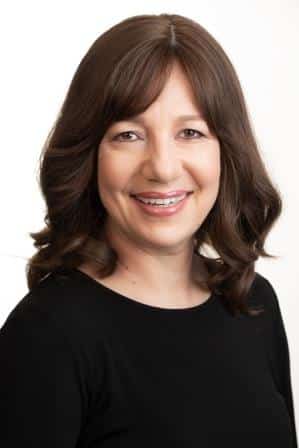The Story That I Never Expected To Happen

Imagine being diagnosed with DCIS (Ductal Carcinoma Insitu), undergoing a bilateral mastectomy with reconstruction (silicone implants) and being cancer free for 11 years. At your yearly visit to the plastic surgeon, they inform you that your implants have served their purpose and it is time to replace them (this is a wonderful milestone – to be a breast cancer survivor who has outlived their implants!). The surgery goes well and you have recuperated. About 10 months later you experience discomfort in your right breast, go for an exam and are told it is likely muscular related and to keep an eye on it. Two months later, your right breast is twice the size of your left breast (muscular?!?!).
The medical opinion is that maybe the implant burst and it will need to be replaced. To confirm this diagnosis, you go for a sonogram (where you are told that it is likely a burst implant). To really confirm, you go for an MRI, the results of which tell you that the implant is INTACT. Now you are getting nervous – if it is not a burst implant, what is going on? To reduce the discomfort in the breast and test the fluid, you go for an aspiration (they remove NINE ounces!). You physically feel much better but emotionally you can not help but wonder what the results of the test will show. A few days later, your surgeon calls and has bad news. You have been diagnosed with a very rare form of lymphoma called Breast Implant-Associated Anaplastic Large Cell Lymphoma BIA–ALCL.
This is my story, one that I never expected to happen. Following this shocking diagnosis, I spoke to whomever I could about BIA-ALCL. There is very little information out there (you can refer to web pages by the FDA and the American Society for Plastic Surgeons) and the number of cases worldwide are incredibly small. BIA-ALCL is not a true lymphoma but is categorized as one because the lymphocytes in the breast are agitated by the implant (mainly in textured implants) and lead to fluid surrounding the implant. Treatment is to remove the implant and clean out the breast cavity. Women who have caught their BIA-ALCL early enough have excellent outcomes.
I am grateful to have been able to catch this early, have the surgery and via CT scan, know that I am free of lymphoma. I am grateful to Sharsheret who has supported me and my family since my original diagnosis and it has been an honor to be a Link (Peer Supporter), office volunteer and to have spoken on behalf of Sharsheret. My proudest involvement is the Pies for Prevention Thanksgiving Bake Sale that my sister Adeena and I started more than 9 years ago in memory of our mother and grandmother who both died from ovarian cancer. The bake sale has raised over $400,000.00 and also raised awareness about Sharsheret and ovarian cancer in the US, Canada and Israel.
